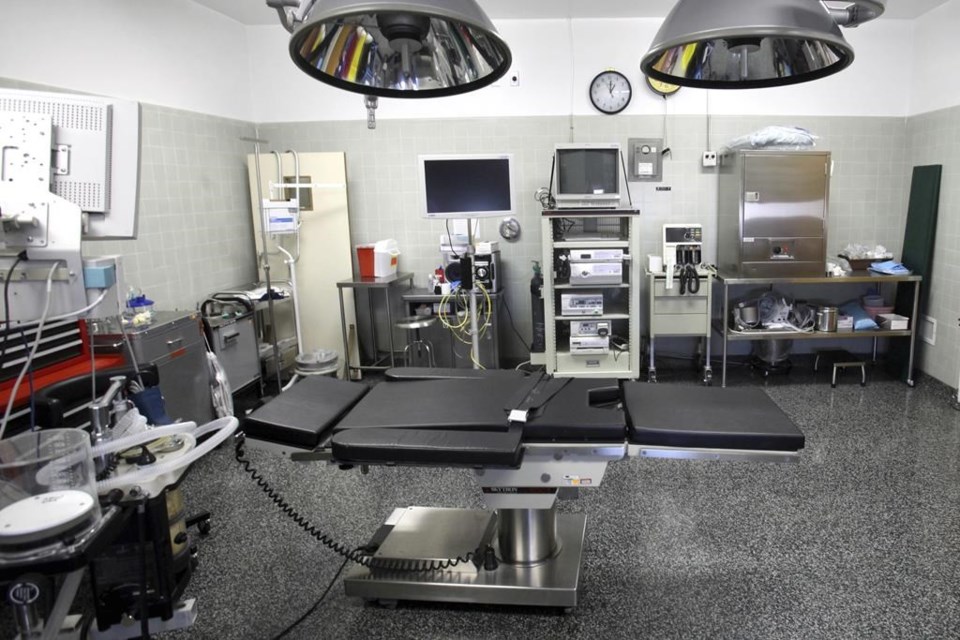Hospitals must obtain written informed consent from patients before subjecting them to and exams of other sensitive areas ŌĆö especially if an exam will be done while the patient is unconscious, the federal government said Monday.
New guidance from the U.S. Department of Health and Human Services now requires consent for breast, pelvic, prostate and rectal exams for ŌĆ£educational and training purposesŌĆØ performed by medical students, nurse practitioners or physician assistants.
The department's release said the guidance was issued to ŌĆ£reiterate and provide clarityŌĆØ regarding hospital consent requirements. Federal regulations previously mentioned obtaining consent for ŌĆ£important tasksŌĆØ related to surgeries, and did not provide the level of detail about medical students.
If hospitals donŌĆÖt obtain explicit consent, they may be ineligible for participation in Medicare and Medicaid programs, and also may be subject to fines and investigations if they violate patient privacy laws, Office of Civil Rights director Melanie Fontes Rainer said.
Doctors and medical students sometimes perform exams of sensitive areas for training purposes when a patient is under anesthesia. requiring a patient's consent.
HHS Secretary Xavier Becerra and other top health officials criticized these exams happening without explicit consent sent to teaching hospitals and medical schools Monday. The letter said hospitals need to set ŌĆ£clear guidelines to ensure providers and trainees performing these examinations first obtain and document informed consent.ŌĆØ
It's difficult to say how often these exams take place, experts said, or how often patients understand what they're consenting to when they sign forms before surgery giving broad consent for a range of procedures.
The letter is a ŌĆ£critical leap forward in protecting patients and medical residents," Scott Berkowitz, founder and president of the Rape, Abuse and Incest National Network, said in a statement.
ŌĆ£ItŌĆÖs a shocking problem with a very simple solution ŌĆö hospitals need to ask for consent clearly and explicitly,ŌĆØ he said.
Alexandra Fountaine, a medical student at Ohio University who testified in front of a state House committee against the practice, was skeptical that the letter would result in ŌĆ£actual policy or real change.ŌĆØ But, she added, it made her feel more protected and respected.
ŌĆ£Something like that happening is my biggest fear,ŌĆØ she said. ŌĆ£As women weŌĆÖre all afraid of being violated on a daily basis ŌĆ” but when weŌĆÖre put in very vulnerable positions, like being anesthetized, I think thatŌĆÖs especially terrifying.ŌĆØ
___
The Associated Press Health and Science Department receives support from the Robert Wood Johnson Foundation. The AP is solely responsible for all content.
Devna Bose, The Associated Press



